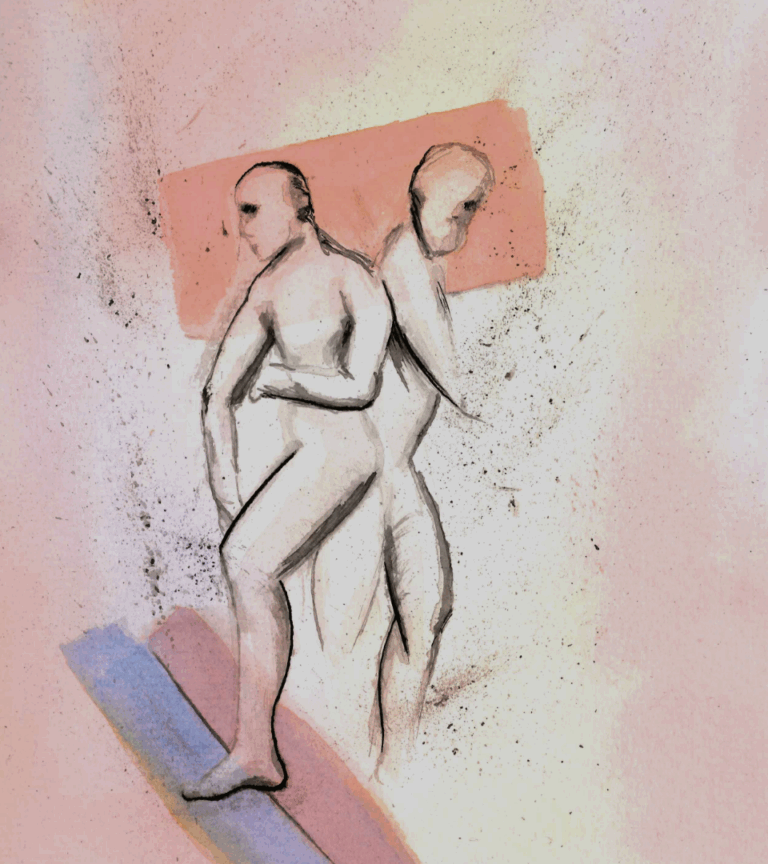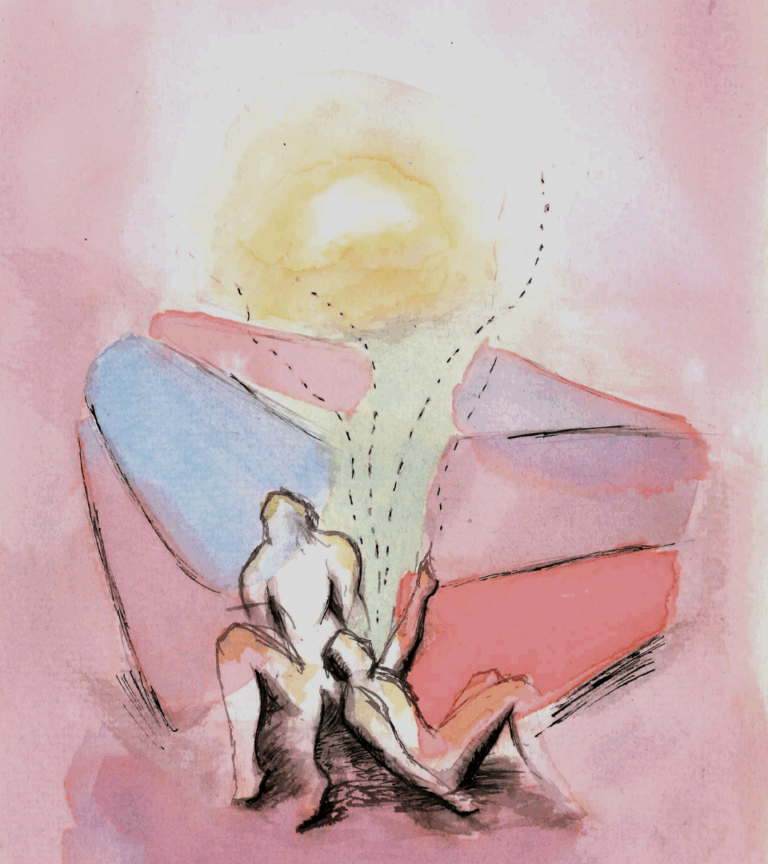Queerness
Since the 2010s, the performing arts and cinema have been transformed by queer and gender aesthetics, challenging their canonical notions and giving voice to artists who employ gender as material.
Although on the rise, these artistic productions still lack analytical accessibility and resources. This cluster seeks to democratize scientific analysis through the heterodox language of these works, which go beyond hierarchies and geographical borders.



The cluster highlights productions inspired by queer thought that redefine concepts such as corporeality, character, and narrative. These works are sometimes “sequestered” in disparate settings, from streets and unconventional spaces to digital platforms such as Instagram, Facebook, X…
We aim to reflect on how queer works balance the tensions between aesthetics, political engagement, and social transformation, promoting new perspectives for creation and research.

Participate in the Queerness cluster with reflections that explore how queer thought renews the performing and cinematic arts!